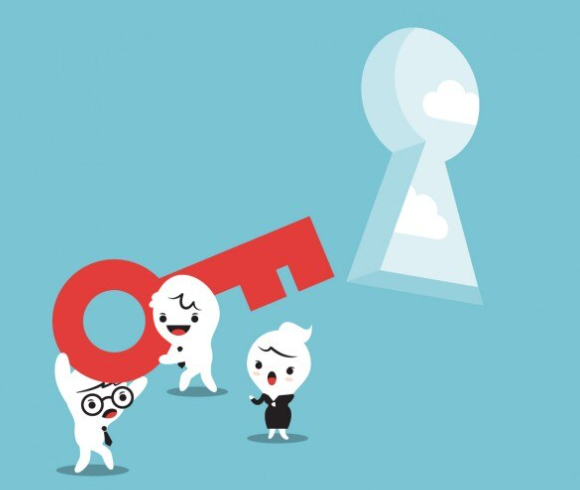In the wake of the pandemic that swept across the globe, causing isolation and upheaval in various aspects of our lives, the gradual return to pre-pandemic activities is accompanied by a welcomed decline in loneliness. The human spirit thrives on connection and interaction, and as restrictions ease and communities reawaken, people are finding solace in reconnecting with friends, family, and the world at large. This article delves into the profound impact of resuming pre-pandemic life on alleviating loneliness, highlighting the factors contributing to this positive shift.
Embracing the Familiar: A Sense of Belonging
Reuniting with Loved Ones
The joy of reuniting with loved ones after extended periods of separation cannot be overstated. The pandemic forced many to be physically apart from family and friends, intensifying feelings of isolation. However, as normalcy returns, shared laughter, warm embraces, and heartfelt conversations are rekindling the bonds that were temporarily disrupted.
Reviving Social Activities
Pre-pandemic life was defined by social interactions, whether it was gathering for birthdays, weddings, or casual hangouts. With the easing of restrictions, people are rediscovering the pleasure of participating in these events. Engaging in group activities fosters a sense of community and shared experiences, reducing feelings of loneliness that may have prevailed during the lockdowns.
The Power of Shared Experiences:
Group Hobbies and Interests
Engaging in hobbies or interests with like-minded individuals creates a sense of belonging. From book clubs to sports leagues, people are finding solace in pursuing activities they are passionate about alongside others who share their enthusiasm. These shared experiences facilitate connections that go beyond the surface level, forming friendships that alleviate loneliness.
Support Groups and Mental Health
Loneliness often takes a toll on mental health, but as society reopens, support groups and therapy sessions are becoming more accessible. The ability to share struggles and triumphs with those who understand provides a powerful antidote to the isolation that many felt during the height of the pandemic.
The Role of Technology:
Virtual Connections Evolve
While in-person interactions regain their significance, the pandemic has forever changed the way we use technology to connect. Video calls and online communities have proven their value in keeping us linked when physical proximity was impossible. As pre-pandemic life resumes, these virtual connections continue to complement in-person relationships, offering an additional layer of support against loneliness.
Embracing Gratitude and Mindfulness:
A Shift in Perspective
The pandemic taught us to appreciate the small things in life and value our relationships more deeply. As life returns to normal, the practice of gratitude and mindfulness persists, allowing us to stay connected to the present moment and the people we care about. This shift in perspective has a profound impact on reducing feelings of loneliness, as we recognize the richness that surrounds us.
Conclusion
As the world navigates the path to recovery, the resumption of pre-pandemic life brings with it a significant reduction in loneliness. The power of human connection, shared experiences, technology, and a shift in perspective all play crucial roles in this positive change. While challenges may still exist, the collective determination to rebuild and reconnect is proving to be an effective balm for the loneliness that once plagued many.








